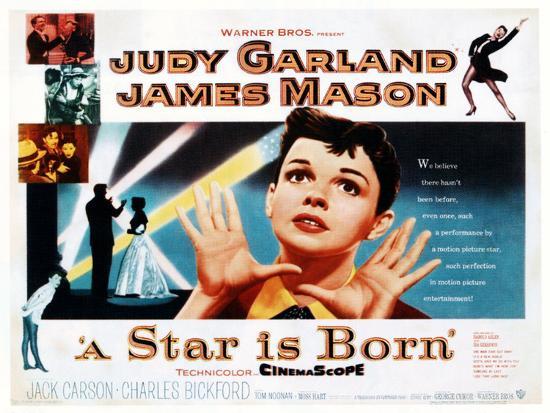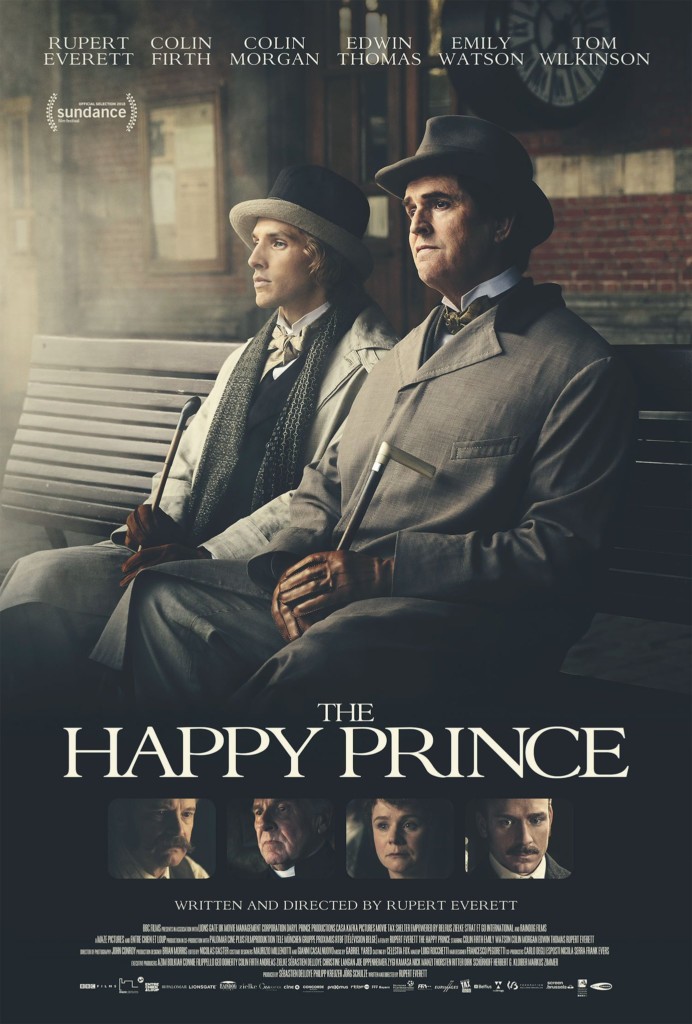Financial transparency
Jemima Thomas
Jan 2024 • 2 min read
Do you know who you’re sleeping with?
I spotted a BBC news article about a man who had a gambling addiction and ended up slowly stealing £1.3 million from his work place, to continue his betting addiction.
Initially Andy May (now 47 with a wife and two kids) was just a weekend gambler; at the beginning spending as little as £5 – £20 ‘for fun’. As his gambling activity continued, he began winning more money to play with (and more ability to borrow); and so the amount he would bet began to increase. Unfortunately, it got to a point where Andy had been stealing from his employer for a period of four and a half years. (For context do read the article fully – he used to be the finance manager for his employer).
Andy ended up in prison rather unsurprisingly, but the most intriguing part of the story is how his ‘problem’ went on for so long without being spotted (both in his professional and personal life).
It’s important for couples (and business partners) to have financial transparency. The habits and addictions of another can seriously damage your relationships and wealth, and it’s why we insist on clarity about your spending habits. It’s also why (if you are in a couple) we encourage both of you to attend meetings together.
Historically (although definitely not always), men tend to take the reins on financial decisions; but we work hard here at Solomon’s to ensure that all decisions that impact both of you are made collaboratively. We aren’t marriage counsellors, but we sometimes pose uncomfortable questions – we hope that we are a ‘safe space’ for people to bandy their ideas around (including concerns and fears). These questions aren’t ever meant to ‘trip you up’ – they are intended to challenge you and make you think carefully about what is important to you in your life. It’s not an easy part of our role as your financial planner; but it’s an important one.
Read the full article here: https://www.bbc.co.uk/news/uk-england-norfolk-67503468



